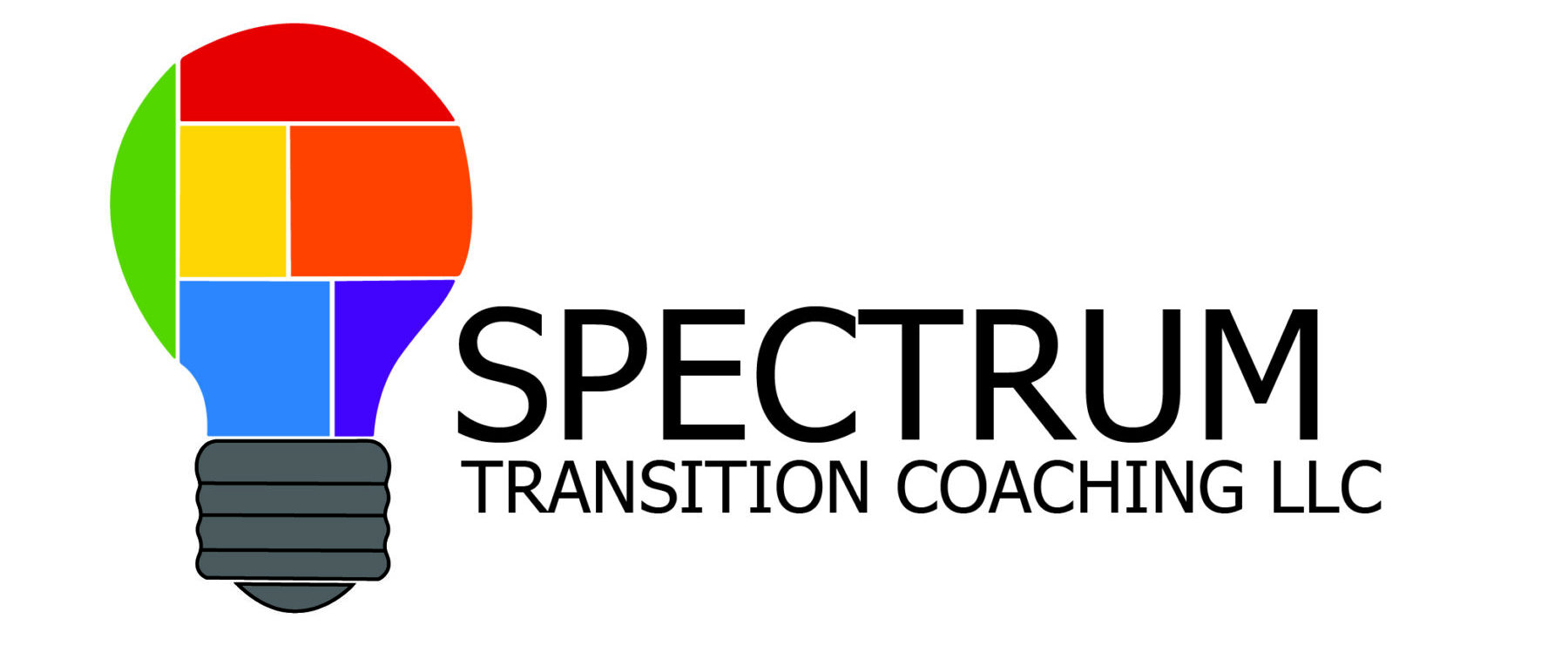The College Transition: Part 3
What the Disability Office Wishes You Knew
College disability offices are full of incredible people who work tirelessly to help students succeed. They are experts on campus life, tools and resources and they can support your student through this transition – if you know how to make use of them.
#1: “Disability offices are often overworked – we are there to help, but can’t chase after students who don’t make or keep appointments.”
Despite those very large tuition checks you send each semester, university disability office staff is typically stretched very thin. Counselors may have over 100 students as well as other university responsibilities. They do not have time to proactively reach out to students – they work with those who seek out their services.
Students need to get comfortable asking for help, talking about their learning differences, and following up if they don’t get a response. These team members manage multiple inboxes and social media feeds all day long. If they miss your message, it doesn’t mean it’s not important to them. It means you need to send a kind follow up to bring it to their attention again.
One small step: Have your student draft and send an email to the disability service office to ask a simple question as they prepare for the fall. Teach them how to send a professional reply or a follow up message to get the answer they need. If that doesn’t work, they may need to (gasp!) pick up the phone and call!
#2: “I wish students understood their accommodations and what they need to succeed.”
IEPs are an incredible tool to help high school students succeed. However, if students are not involved in the IEP planning process, they are robbed of the chance to learn about their accommodations and what they need to succeed.
Often students are embarrassed to request the accommodations the need. Disability office staff find that the most successful students can confidently explain what they need and why. Help your student overcome any feelings of shame about how their brain is wired so they are comfortable asking for accommodations from professors, fellow students and TAs.
One small step: Invite your child to an IEP planning meeting to let them see everything that goes into that process, so they are familiar with the tools and vocabulary. If they are already attending these meetings but are merely listening, encourage them to draft goals, provide input, and express opinions.
#3: “I wish students knew the vast resources available to them if they really make the effort.
For many students, college is when they will have the best and most abundant resources available to them. During your 4+ years on campus, there are entire staffs to help students succeed. From financial aid offices to career centers to mental health resources to community engagement programs, college campuses are resource-rich.
However, you have to know how to use them.
These offices spend time to compete for students’ attention with emails and social media posts, org fairs and info tables. But they cannot help if you don’t show up. Make use of the variety of resources available to you – they won’t be there forever.
One small step: Charge your student with researching and reaching out to one resource on campus that they’d like to get to know. Make this fun – if your student is an animal lover, reach out to the volunteer vet clinic. If they love writing, reach out to the alumni magazine. Eager students get the attention of these groups.
That wraps up our series on ‘What I Wish I Knew” – we’ve shared perspectives from students, parents, and the disability services office to help smooth the transition to college.
If you’d like more personalized support during this transition, our college readiness packages might be perfect for you. Learn more here!

